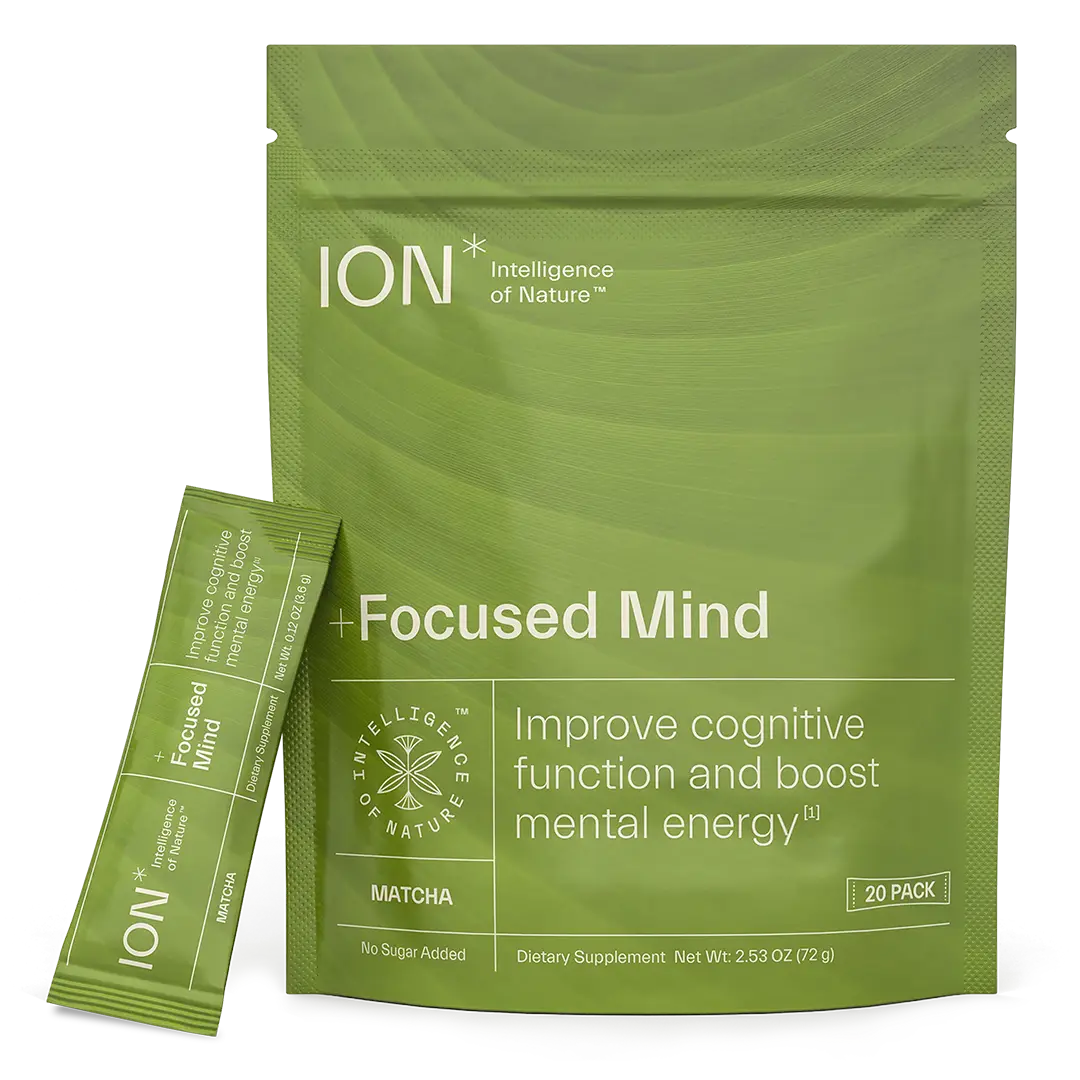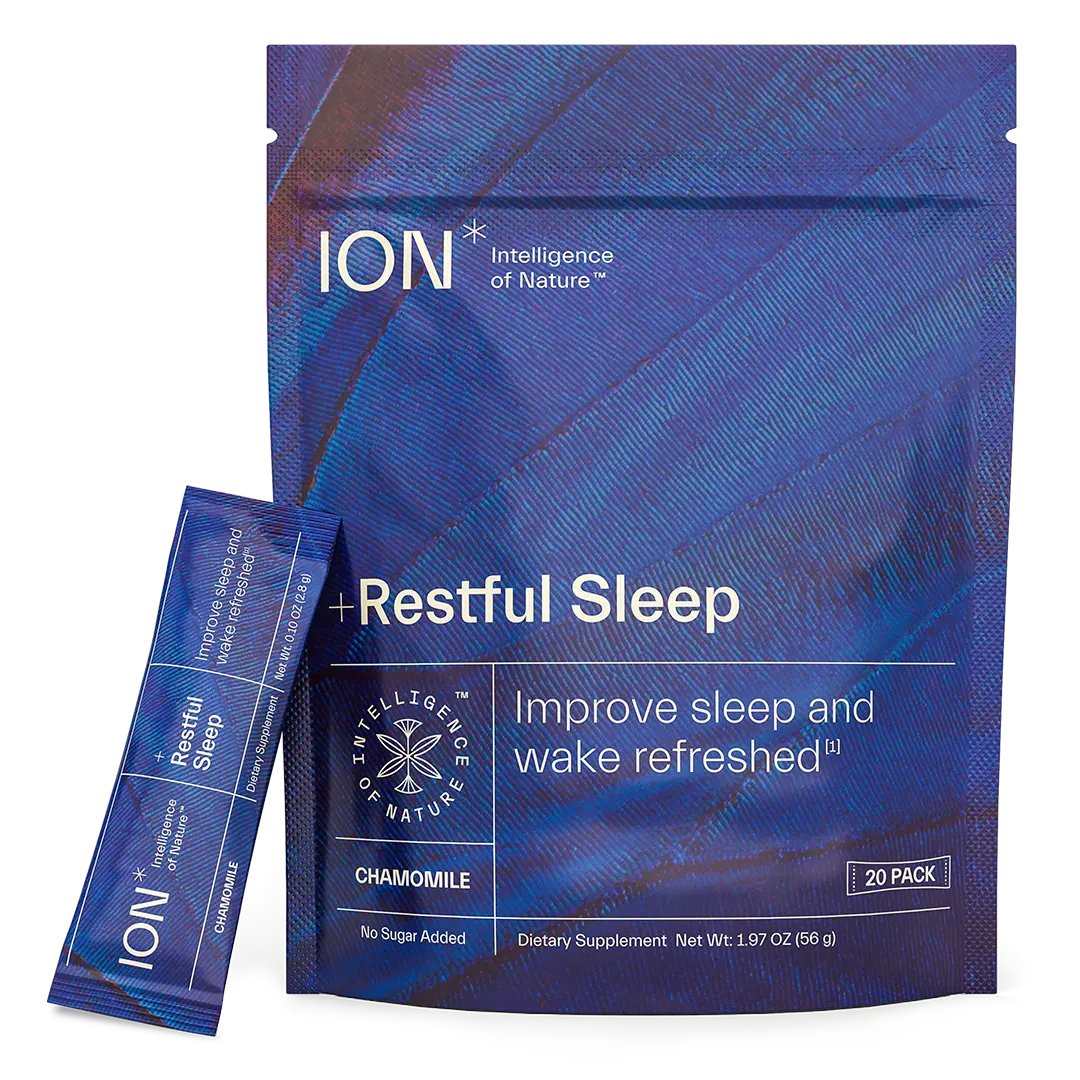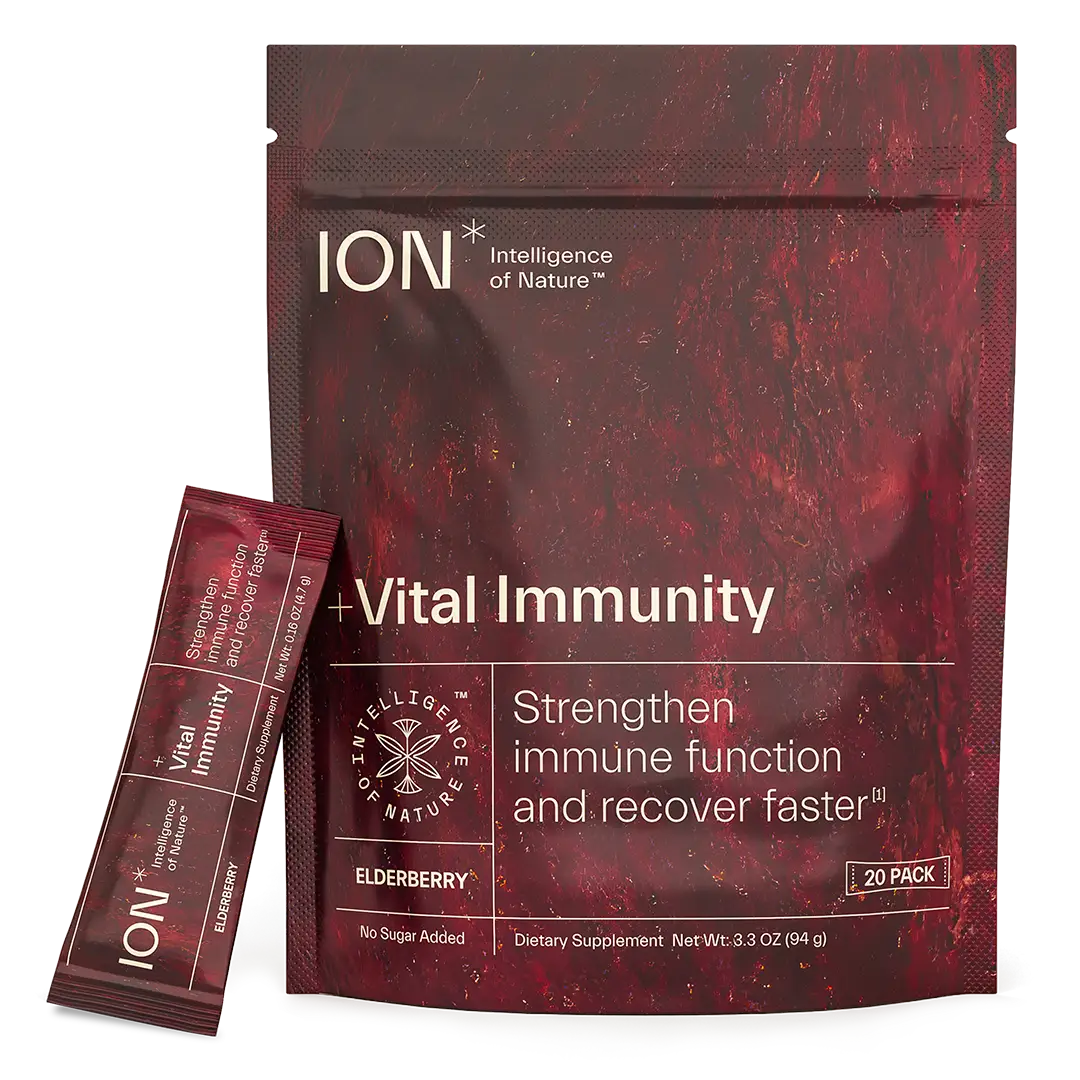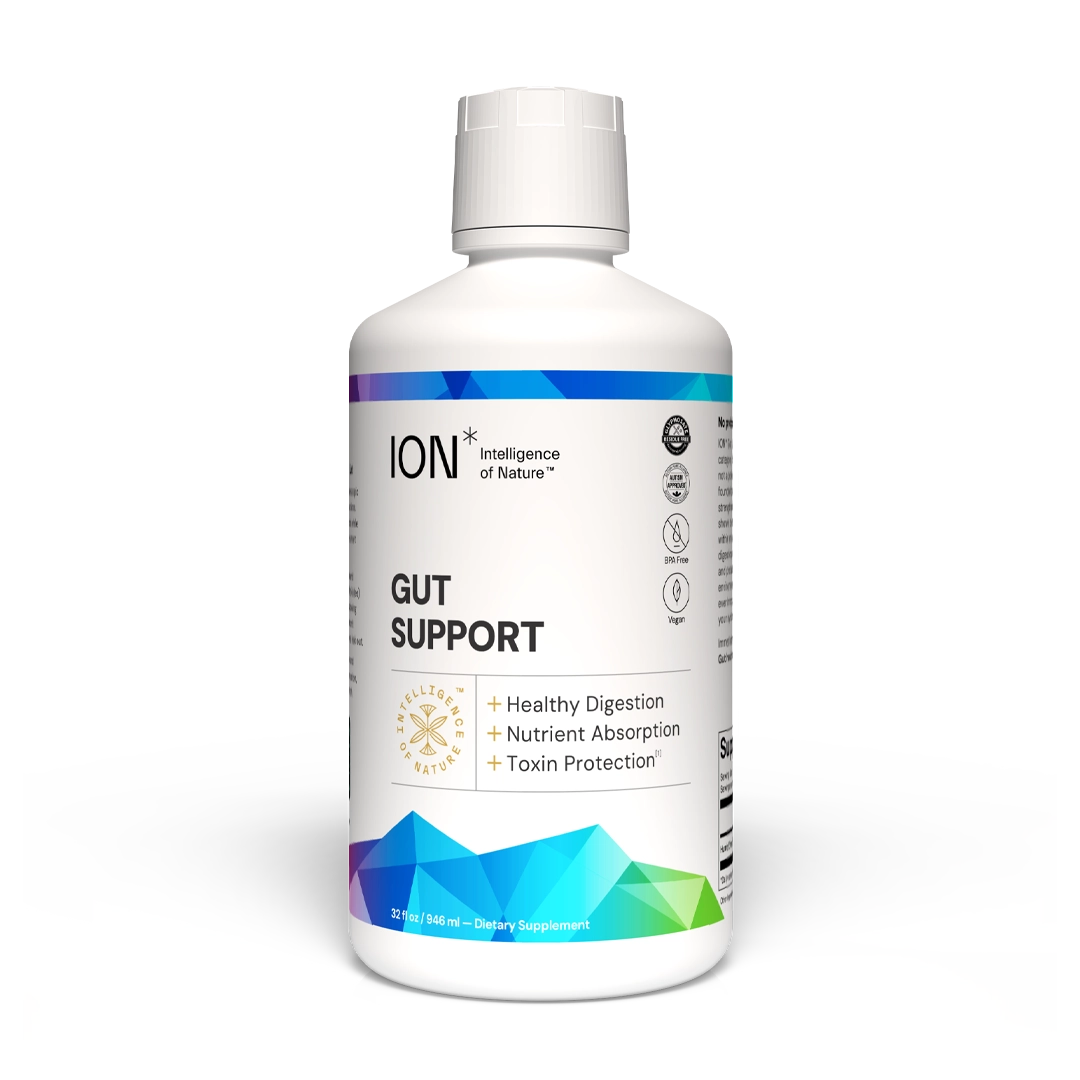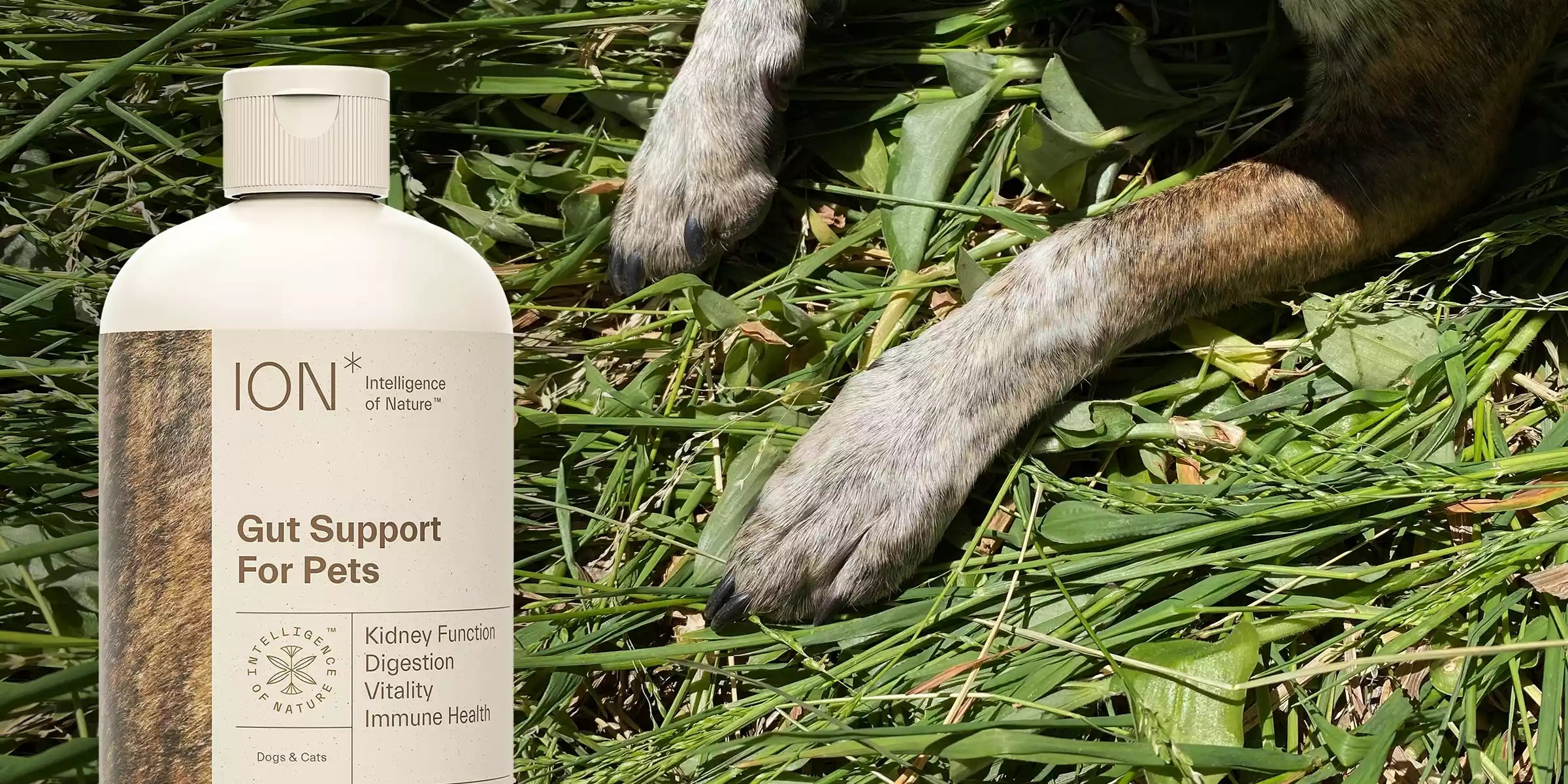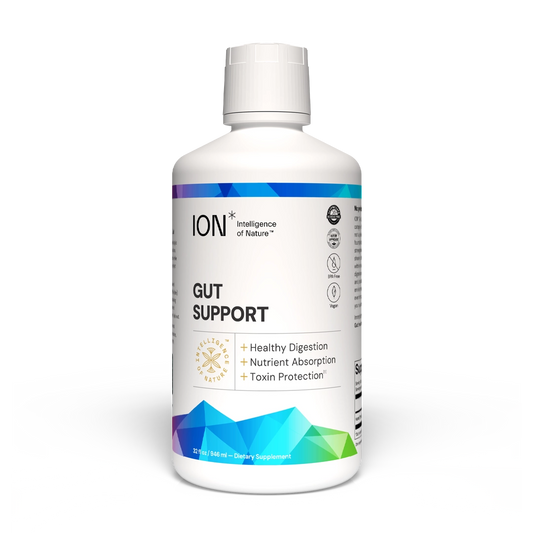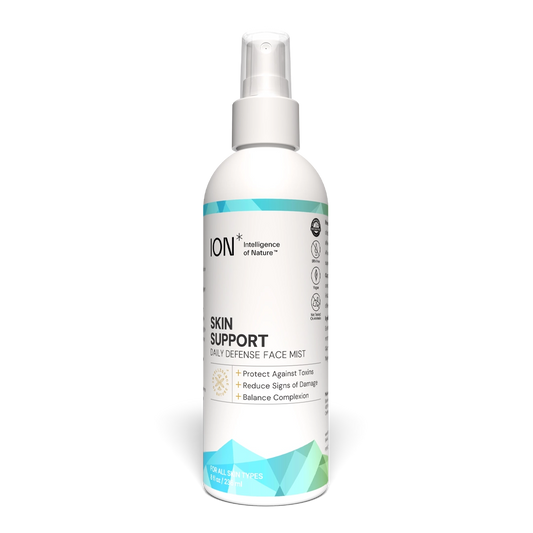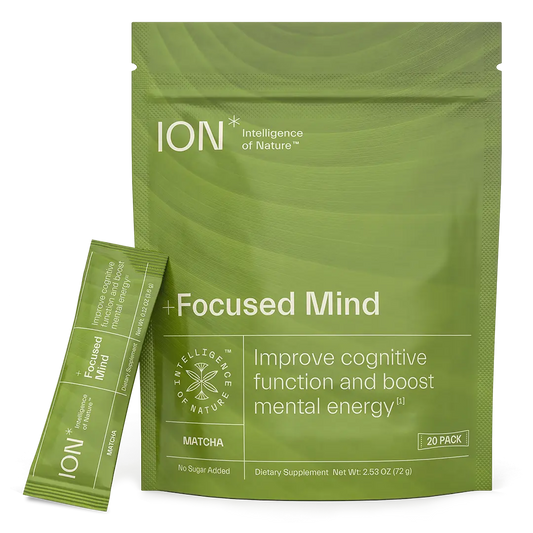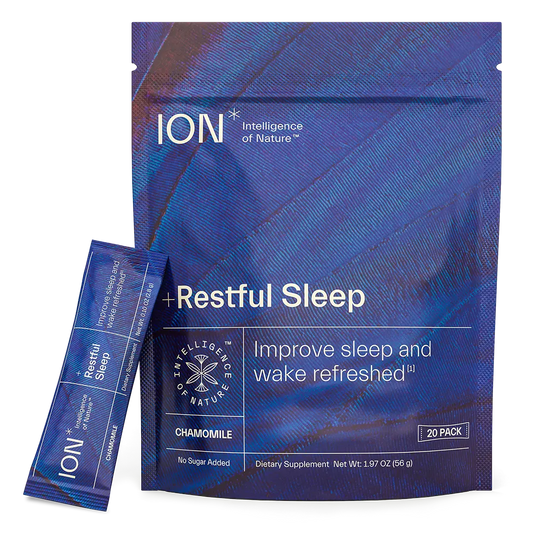The more we learn about health, the more we discover how much harm inflammation can do. We’re also learning that, unsurprisingly, humans aren’t the only living beings negatively affected by it. Our pets are also at risk. Unfortunately, in our current world and way of life, inflammation-causing toxins are everywhere – and that exposure is not slowing down anytime soon.
So what can you do?
Taking care of a beloved pet's health is important for any animal lover. Of course we want them to be as healthy, and live as long as possible. Today, that endeavor may pose more challenges due to how often our furry family members are exposed to inflammation-causing toxins, which are root causes for a wide swath of issues and diseases. While everything, from the environment to their food, can be a risk there are things you can do to help.
First, let’s talk about what we mean when we say “inflammation”.
In short, inflammation refers to the body’s response to foreign entities, toxins, and cellular injury. And not all inflammation is bad! Think about a bug bite. That red, itchy, swelling response is actually a good sign that the body is springing into action to protect your pet from outside pathogens and bacteria.
The problem is chronic inflammation, when the body’s elevated response level remains on alert for long periods of time, stressing out the immune system and causing all sorts of problems. That’s because our pets’ bodies (and ours too for that matter) were not designed to function on alert like this all the time. Yet, they often are. This kind of response is often described as “low grade” because it’s not like a visible red, swollen bug bite, but the inflammation is there, just operating in the background on a “lower” unseen or less obvious level.
What does chronic inflammation look like in pets?
Our pets can’t tell us when they’re not feeling well, but there are signs we can look to. No matter where the inflammation is–skin, joints, digestive tract–inflammation usually causes pain, which affects your pet’s behavior. No interest in playing, loss of appetite, and even “not being themselves” can be the outward signs something is off.
Inflammation can happen all over the body, but here are some of the most common problems.
Skin issues
Itchy skin, rashes, and bald spots can be signs of excess inflammation in your pet. Scratching, licking, excessive grooming are typically symptoms that stem from your pet trying to get some relief. Secondary infections (caused by scratching or licking that leaves the skin susceptible for bacteria), fur loss, scabs, and redness can stem from skin issues caused by inflammation.
Gum disease
Especially because most pets don’t get a daily tooth brushing, gum disease can arise – and with it, problem-causing inflammation. Gum disease begins with a buildup of plaque on the teeth and plaque actually starts forming on your pets’ teeth pretty much immediately after they eat. Plaque is a sticky film made of up food, saliva, bacteria and other tiny particles. Because the bacteria in plaque is seen as a foreign entity to your pet’s system, their gums can become inflamed as a response, causing a condition called gingivitis. If gingivitis is allowed to prolong, it becomes a more serious condition called periodontitis–chronic, painful inflammation of the gums that begins destroying gum tissue that’s attached to the tooth. This chronic inflammatory response is unfortunately five times more common in dogs than people because dogs’ mouths are more alkaline, which actually promotes plaque formation. Woof.
Ear infections
Ear infections, or otitis externa, is a condition that causes inflammation with tell-tale redness and swelling of the external ear canal with symptoms that include ear pain, itchiness, and discharge. Ear infections in pets can be caused by a myriad of things, like bacterial or fungal infections, external irritation, and allergies. In recent studies, these types of infections have been shown to create excess inflammatory cells – that is, excess inflammation.
Obesity
Many of our pets are overweight. An easy way to check? See if you can feel their ribs, this is a pretty good sign of a healthy weight. If not, their weight could be cause for concern and probably is worth a conversation with your vet. Beyond being simply overweight, obesity specifically is when a pet is at least 30% over their healthy, ideal weight and is cause for concern. Whether overweight or obese, inflammation from either can be harmful and affect your pet’s ability to foster a proper immune response.
So, yes, if your pet is overweight it’s probably a good idea to reduce their food intake and bump up their activity to help their health. But it may not be enough to avoid inflammation altogether. That’s because pet foods, especially the most common commercially available ones, face the same toxin exposure our foods do, especially to glyphosate.
What is glyphosate?
Glyphosate is the most popular herbicide in the world. Which is a shame (to put it lightly) as this well-used weed killer can cause cancer, infertility, brain disorders, and heart disease. In the United States alone, about 100 pounds of glyphosate are spread each year. It’s virtually impossible to ignore and it’s in your pet’s food.
The issues that stem from glyphosate exposure are the same for humans as they are for pets (especially dogs)–cancers, gastrointestinal issues like IBS, and risks leading to a need for kidney support for dogs and other pets, for example. In fact, your dog’s exposure is probably higher than your own simply by our dogs running around “barefoot” on grass and soil in parks that’s more likely than not treated with glyphosate.
“Great, this extremely harmful substance is everywhere and it’s hurting my pet. Is there anything I can do?”
It’s understandable to feel overwhelmed when you learn of the expansive use of–and problems stemming from–glyphosate. But rest assured there are some things you can do to limit your furry best friend’s exposure and even help mitigate some of the damage.
Here are two big-impact things you can do ASAP for your pet.
Upgrade their diet and ditch the kibble.
Just like yourself, a healthy diet is a huge step in the right direction to combat inflammation for the overall health of your pet. And for your pet specifically, that means ditching commercial kibble, many which have been tested and shown to have unlisted toxic substances. Not to mention, kibble’s high calorie counts and broad portion size recommendations make weight management tricky, too.
Make the swap to fresh food made with quality ingredients. These are typically cooked at lower temperatures than commercial kibble and are easier on your pet’s digestive systems. Many are also pre-packaged in right-sized portions, too.
If you’re not in a position to forgo commercial kibble altogether, look for organic and non-GMO options to help avoid glyphosate and inflammation-causing toxins.
Support gut health, which actually supports total body health.
Gut health in your pet is very akin to gut health in your own body. That is to say, it’s critically connected to many facets key to your overall health. The big ones are digestion and immune function.
While many people look to probiotics to help bolster gut health, the best solution isn’t adding new things to your pet’s system (even if those new things are “good” bacteria). Instead, look for ways to support Mother Nature’s design.
ION* Gut Support For Pets does what probiotics and other supplements can’t and actually works within your pet’s gut to bolster it at a structural level. ION* is an all-natural, liquid supplement that helps protect against environmental toxins (including glyphosate) by restoring tight junction integrity at the gut lining. This improves overall gut function at the most foundational level. When this happens, all aspects of your pet’s gut health are supported - from digestion to immune function. (And what’s crucial to managing inflammation? Immune response.)
We can’t necessarily change our pets’ exposure to inflammation-causing toxins, but we can support the systems that help them stay healthy. Try ION* Gut Support For Pets today.
